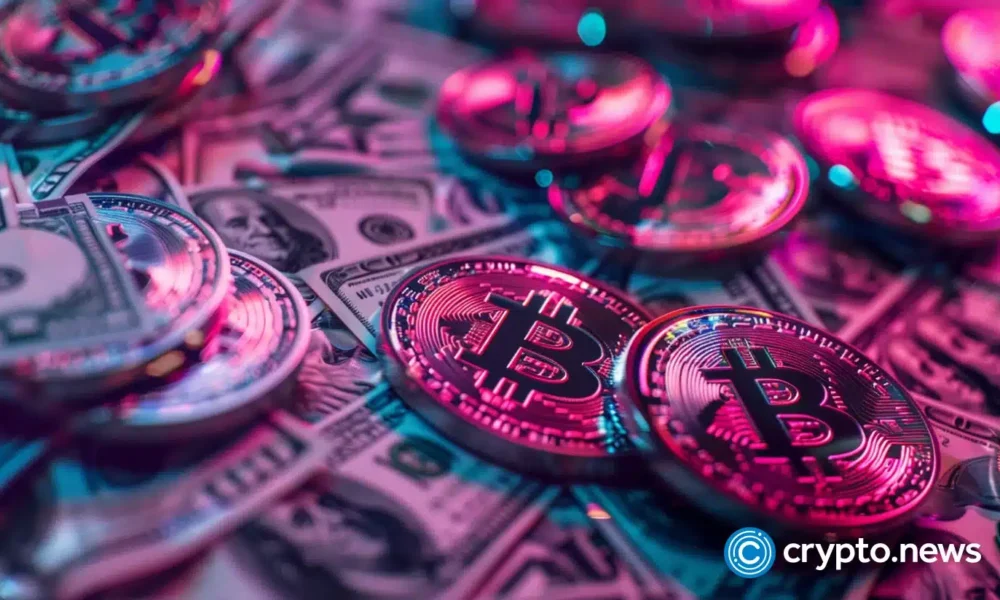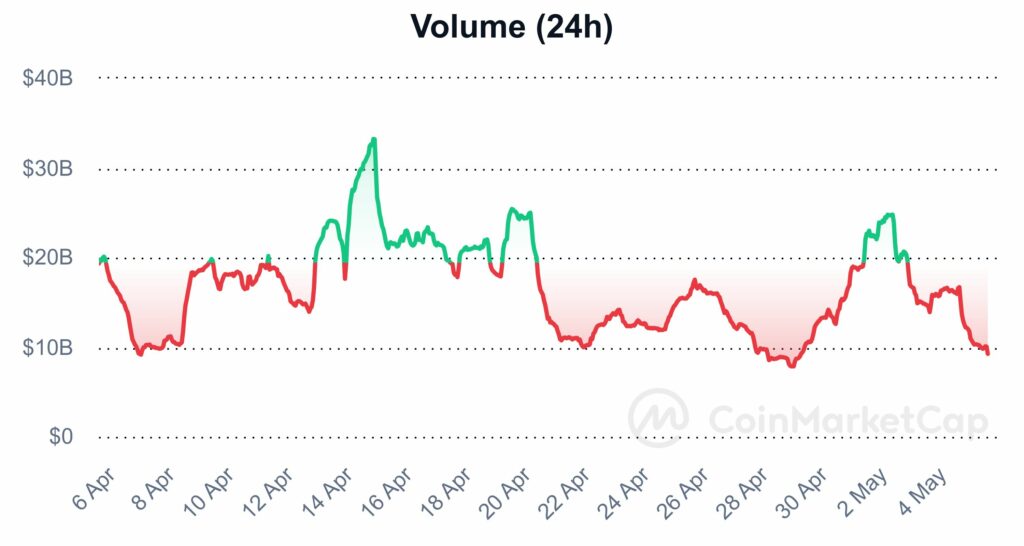Bitcoin
Will Mt. Gox Payments Cause Bitcoin to Crash?

Given that some of those who owed money 10 years ago were among the early adopters of BTC, fears of a mass sell-off event may have been overblown.
There is a dark cloud hanging over cryptocurrency markets – the ghost of a cryptocurrency exchange that collapsed more than 10 years ago.
Gox once managed more than 70% of the world’s Bitcoin transactions, but went bankrupt after up to 850,000 BTC were stolen in audacious hacks.
The doomed Japanese trading platform went bankrupt in 2014, and its users – many of whom were early adopters of Bitcoin – have not been paid since.
This, in part, is due to painstaking efforts to recover some of the stolen cryptocurrencies. Around 142,000 BTC have already been recovered and are expected to be distributed to creditors.
While this means that victims will not be cured, they can take comfort in the fact that Bitcoin is worth substantially more than it was a decade ago. In dollar terms, your investments will continue to grow – although not as rich as they would have been.
What’s more, BTC’s hard fork in 2017 also means they will be entitled to a share of Bitcoin Cash.
Compensation must be paid to creditors by October, ending a long saga after repeated delays. But how is the process going and why does it make some analysts nervous?
‘Beware of Mt. Gox’
Mt. Gox customers have been sharing updates on the progress of their claims through a specially created app subreddit.
And there was frenzied excitement on April 22 when some accounts were updated. Some have already received an early cash refund – and others have been told how much BTC and BCH they can expect to receive.
In a recent report, K33 Research argued that this 142,000 BTC acquisition – worth around $9 billion at current market rates – could become a “negative contributor to price” in the coming weeks.
This is based on the fear that those who finally reunite with their cryptocurrencies will immediately exchange them for fiat currencies, increasing selling pressure in the markets.
But there are a few things worth keeping in mind here.
The Mt. Gox Investment Fund – the most owed creditor – has confirmed has no plans to offload the Bitcoin it receives.
Given the large number of administrators involved, transactions are unlikely to happen all at once. Customers in some regions have already received the initial cash payments they were entitled to more quickly than others.

Bitcoin Trading Volumes in April | Source: CoinMarketCap
Bitcoin’s daily trading volumes rarely fall below $10 billion, meaning there’s a good chance the market will be able to withstand selling pressure. That said, confirmation of payments alone can be enough to scare merchants.
And another factor worth considering is this: many of those who should receive a payment believed in Bitcoin long before it reached popular consciousness.
A survey of Monte’s creditors. Gox | Source: Reddit
Keep or sell?
Late last year, a fascinating survey on the Mt. Gox subreddit offered insight into what everyday lenders are thinking.
Of the 357 who voted, only 25% said they intended to sell almost all of their Bitcoin. Around 11% revealed plans to exchange half of the crypto they receive for fiat currency.
But by far the largest bloc of voters – 45% – pledged to hold on to their digital assets.
“I held it for 10 years. I don’t mind waiting another 10”, joked one.
“I’ve already made all the profits I need. I’m interested in this, so why sell it? I want to see where Bitcoin goes and be part of it,” added another.
Some have expressed a desire to get out of the market – and spend their newfound money on vacations and other investment opportunities… including rival cryptocurrencies.
End of an era
At least in dollar terms, Mt. Gox remains the biggest crypto heist in the history of the industry.
Although the US has loaded two Russian citizens in connection with laundering stolen Bitcoin, the identities of others who were involved in the audacious attack remain unknown.
And although the market today is unrecognizable compared to when the exchange went bankrupt in February 2014 – when Bitcoin was worth just $550 – it can be argued that history continues to repeat itself.
Why? Because a long line of creditors formed on other trading platforms who suddenly stopped withdrawals and went bankrupt.
More than 100,000 are awaiting compensation following the FTX implosion – that is, the recent surge in crypto valuations meant they could receive more than their initial order value.
